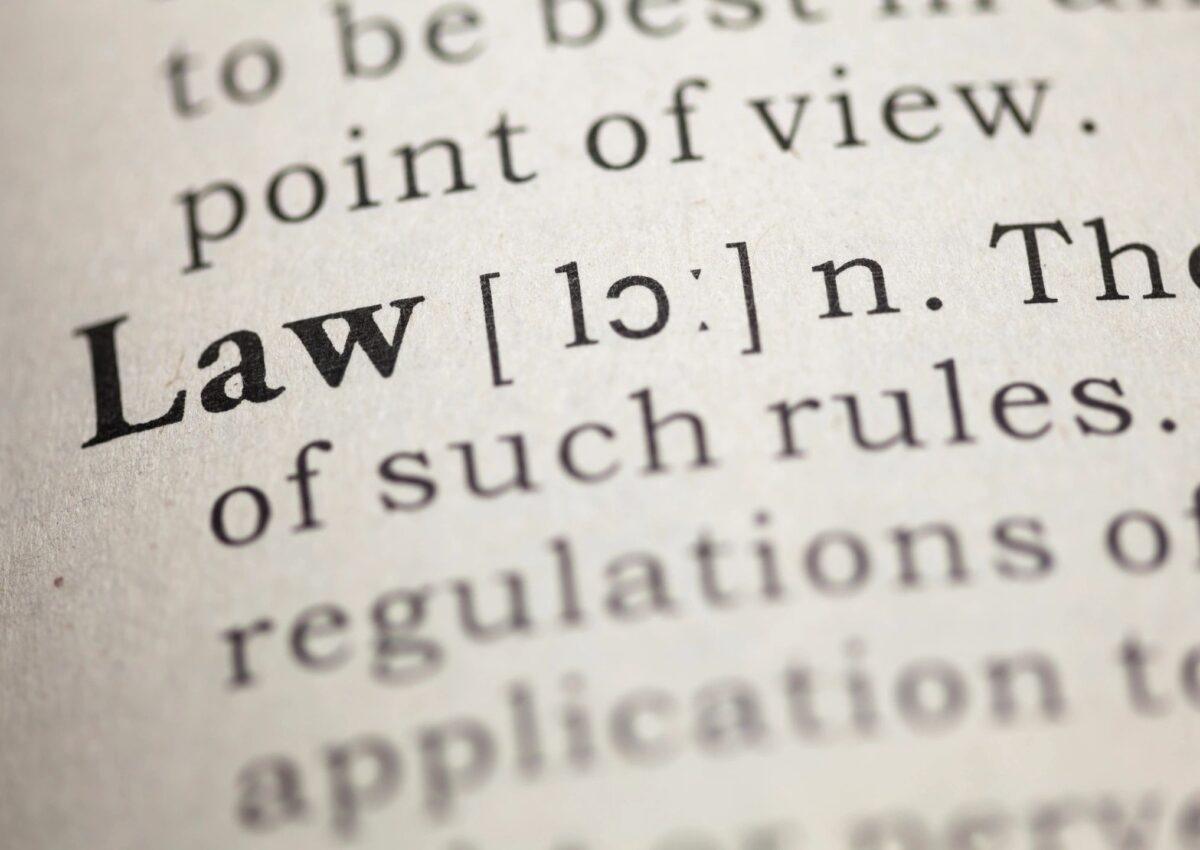
Félix Varela, born on November 20, 1788, in Havana, Cuba, was a Catholic priest, educator, and intellectual who played a significant role in advocating for social reforms in Cuba during the 19th century. He was one of the most important figures in the early stages of the Cuban independence movement and a key promoter of education and liberal ideals. Varela was deeply committed to the idea of personal liberty and human rights, which led him to oppose the oppressive policies of colonial Spain. In his role as a priest, he founded schools and worked to promote the welfare of the Cuban people, pushing for the education of both boys and girls. His writings also focused on the need for moral and intellectual development, arguing for a more just and enlightened society.
In addition to his educational and reformist efforts, Varela was a vocal critic of the Spanish colonial government. His political writings, which promoted liberty, equality, and social justice, made him a significant figure in the intellectual circles of the time. Facing increasing pressure from Spanish authorities, Varela was forced into exile in the United States in 1823, where he continued to work toward Cuban independence. His legacy as a champion of Cuban nationalism, education, and social justice remains influential in the history of Cuba’s fight for independence. Félix Varela is remembered not only for his contributions to education and his advocacy for Cuban sovereignty but also as an early intellectual figure who laid the groundwork for the country’s eventual path to independence.
Visit: https://inlandempirelitigation.com/
Law Offices of James R. Dickinson – 909-848-8448
How To Schedule A Consultation:
Please call us at 909-848-8448 to schedule a free consultation/case evaluation or complete the form immediately below. [Please note certain formalities must be completed to retain the Law Offices of James R. Dickinson, such as the signing of a legal fee agreement [see “Disclaimers”]].
